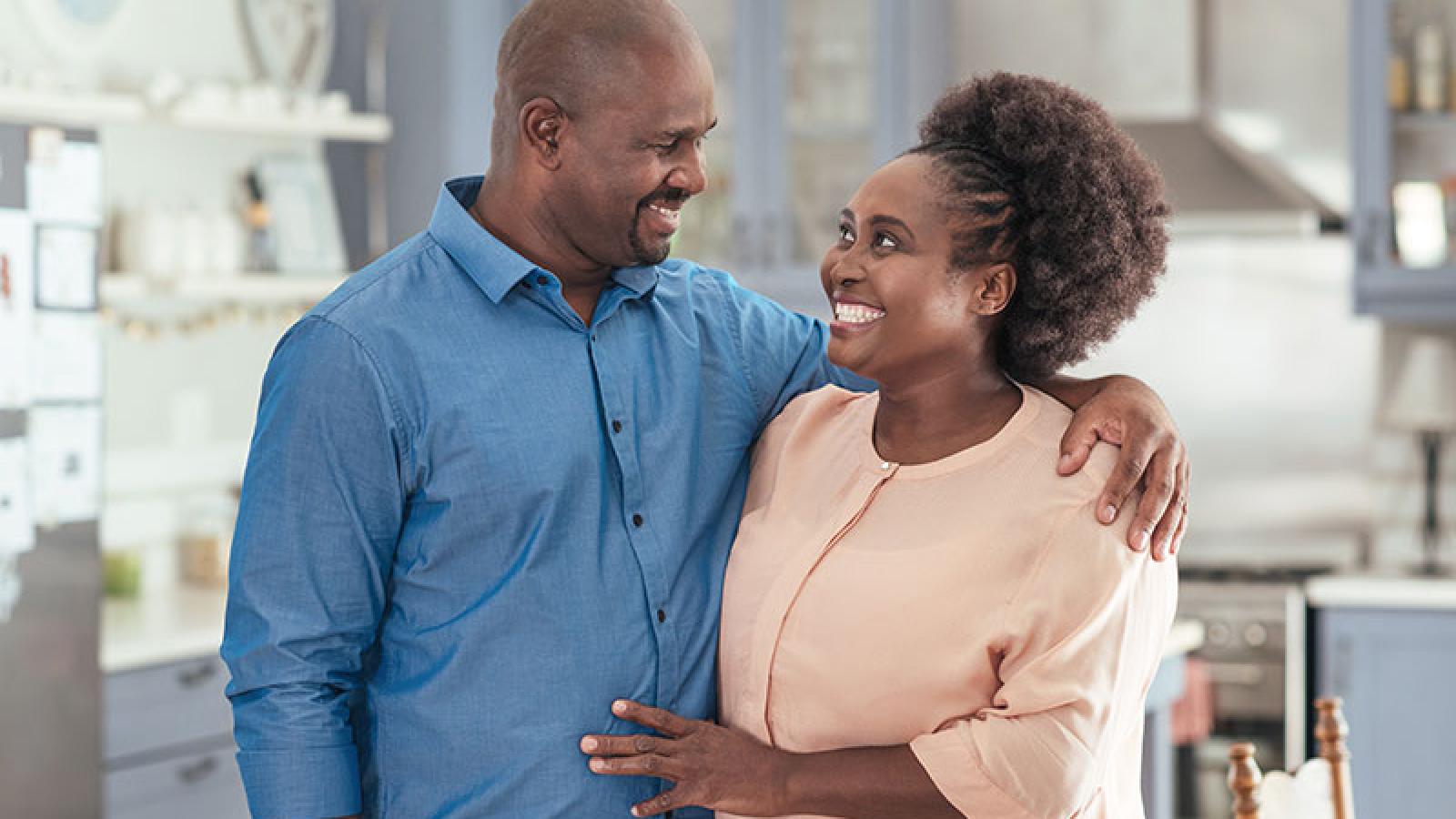Women Need This Screening as Much as Men

When it comes to colon cancer, here's why both women and men should be tested.
When you think of colorectal cancer, you may think of it as something that happens mostly to men. But women are just at much at risk for this disease. Overall, the lifetime risk of developing colorectal cancer is about 1 in 22 for men and 1 in 24 for women. It is the third most commonly diagnosed cancer in both men and women in the U.S., excluding skin cancers.
When found early, colorectal cancer is easily treated and can often be cured. Colonoscopies are the best way to detect colorectal cancer and can reduce your risk by up to 60%. The screening test also helps detect pre-cancerous polyps before they turn into cancer. If polyps are found during a colonoscopy, they can usually be removed at that time.
Some people avoid having a colonoscopy because they're scared, but colon screenings aren't so bad. They're usually painless, and although they can have some unpleasant side effects when you're preparing for the test, that all goes away pretty quickly. Having to deal with cancer is a whole lot worse than going through a relatively simple procedure to help prevent the disease.
When should you get a colonoscopy?
- It used to be suggested that screenings start at age 50 if you have no specific risk factors, whether you are a man or a woman. But the American Cancer Society and U.S. Preventative Services Task Force recently changed screening guidelines due to increases in colorectal cancer rates in adults under age 50. It is now recommended that you start screenings at age 45.
- If your parent or sibling had colon cancer before age 60, begin screenings 10 years earlier than the age your family member was when diagnosed or at age 40, whichever is younger.
- African-Americans have a higher risk of colon cancer and may need to begin screenings earlier than age 45.
- Colonoscopies should be repeated every 10 years, or more often if recommended by your doctor, until age 75.
What to expect when you get a colonoscopy:
- You'll have to clean out your colon first. Most people consider this the worst part of the test. Your doctor will give you instructions on how to prep for the procedure. While you're doing it, you'll need to stay pretty close to a bathroom.
- Right before your colonoscopy, you will usually be given a sedative through an IV. It will make you sleepy and most people don't feel or remember anything about the test.
- You will need to have someone drive you home because you may still feel some effects from the sedative for a few hours. Otherwise, slight bloating, cramping and gas are usually the only post-procedure effects.
Copyright 2018-2024 © Baldwin Publishing, Inc. Health eCooks® is a registered trademark of Baldwin Publishing, Inc. Cook eKitchen™ is a designated trademark of Baldwin Publishing, Inc. Any duplication or distribution of the information contained herein without the express approval of Baldwin Publishing, Inc. is strictly prohibited.
Date Last Reviewed: March 27, 2019
Editorial Review: Andrea Cohen, Editorial Director, Baldwin Publishing, Inc. Contact Editor
Medical Review: Dr. Mervyn Danilewitz, MD
Learn more about Baldwin Publishing Inc. editorial policy, privacy policy, ADA compliance and sponsorship policy.
No information provided by Baldwin Publishing, Inc. in any article is a substitute for medical advice or treatment for any medical condition. Baldwin Publishing, Inc. strongly suggests that you use this information in consultation with your doctor or other health professional. Use or viewing of any Baldwin Publishing, Inc. article signifies your understanding and agreement to the disclaimer and acceptance of these terms of use.

